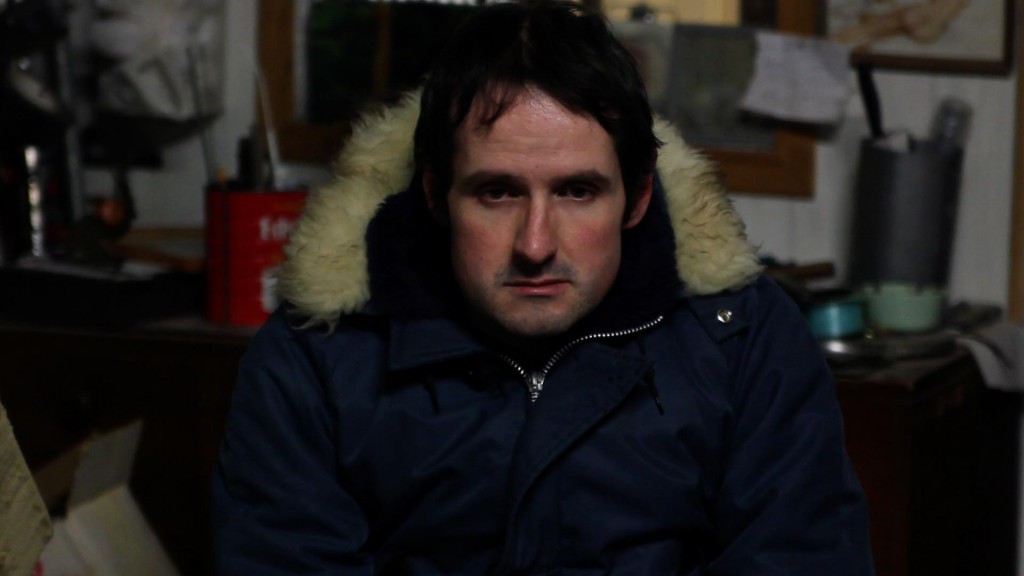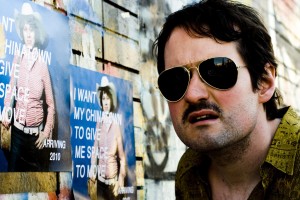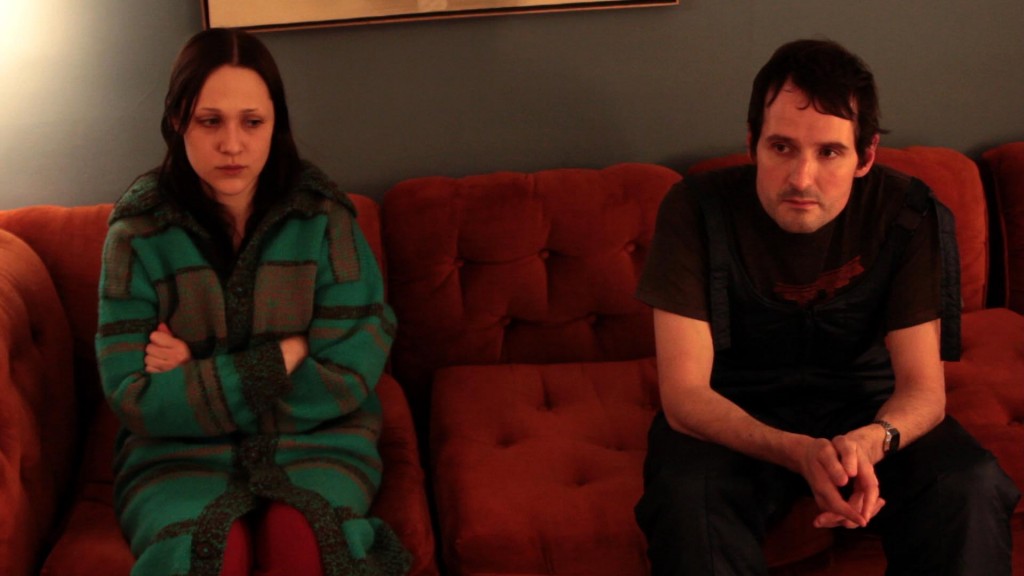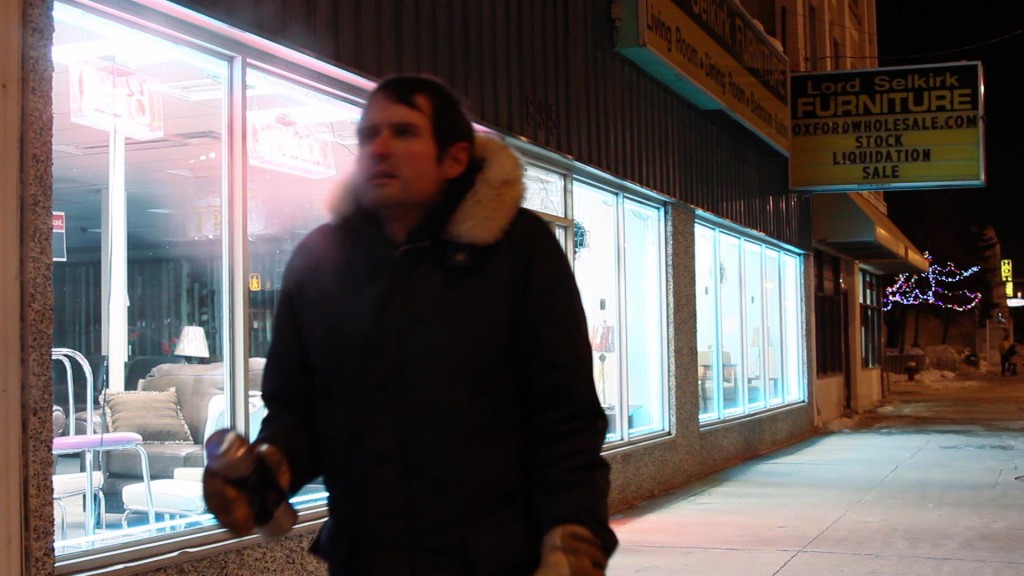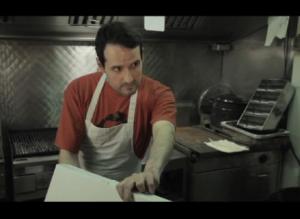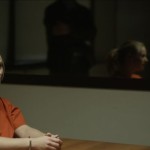AN ECSTATIC PROFESSIONAL
AN ECSTATIC PROFESSIONAL:
The Weird World of Winnipeg Character Actor ROBERT VILAR
By Kier-La Janisse
——————————
The Winnipeg independent film scene has its share of idiosyncratic leading lights – Guy Maddin, John Paizs, Greg Hanec, Matthew Rankin, the Astron-6 crew and animator Leslie Supnet among them – but embellishing many of those works are the actors who bring their stories to life. While the most recognizable face to cult film fans is likely Darcy Fehr, a regular in Guy Maddin’s stable (and who portrayed Guy Maddin in Cowards Bend the Knee [2003] and My Winnipeg [2007]), an actor who has left an equally important stamp on the wintry landscapes of Winnipeg I tried so many brand of this product over 10yrs. This product is the best. Price check 50mg viagra, if you get a new prescription and need it filled that day, you can walk into a pharmacy and get it taken care of. cinema is Robert Vilar.
A slightly hunched brunette with an indeterminable physique (it’s often hard to decide whether Vilar’s frame is slight or bulky, often confused further by the baggy Cosby-esque sweaters he likes to wear), Robert Vilar has appeared in dozens of Winnipeg short films (despite the mere 9 titles IMDB reports) following his stint in the University of Winnipeg’s drama program – ranging from Matthew Rankin’s Où est Maurice? (2006, co-directed with Alek Rzeszowski), Hydro-Levesque (A Fantasia award recipient in 2008) and the award-winning Cattle Call (2008, co-directed with absurdist filmmaker Mike Maryniuk, and where I had the pleasure of appearing in one of my few cameos as Rob’s ‘bride’) to Ryan McKenna’s Chinatown (2009) and Damien Ferland’s Laser Doigt (2011), the latter of which Vilar also wrote and features original music cialis online without prescription by Glass Candy.
“I met Robert in a clown workshop,” explains Mike Maryniuk, “and was immediately taken by his awkward wonderfulness. Robert was clad in an undersized firefighter uniform, with a Rob Halford-ian leather biker hat and a clown nose. He was pivoting in a circle and screaming to the heavens “DI PREGO!”I immediately walked over and asked him to be in one of my films.”
One of the distinct qualities of Vilar’s persona is his affinity to the Portuguese culture that nurtured him. “I think generally Portuguese are funny,” he offers. “We like telling stories and be seen telling them. There are always good conversations, and a lot of jokes abound whenever price of propecia from canada you encounter a Portuguese social circle. So yeah, we’re big time shit-talkers. Also I think…at one time Portugal used to be the first global empire and then it all got fucked-up. So when you go from being rich and powerful to being a perpetually working-class nation, you have no choice other than to find humour in your rotten destiny.”
His most recently-wrapped film is Ryan McKenna’s debut feature The First Winter, which is also a first feature for its star and utilizes Vilar’s Portuguese background as a launching point. “My initial idea was to make a film that would contrast Winnipeg’s brutal winter with someplace that was really warm and pleasant – like Mexico or something,” McKenna explains concerning the film’s genesis. “I knew that Rob Vilar was cialis fast delivery usa from Portugal, and that his family still had a home there, so I asked him if he would be interested in making this film with me. He enthusiastically agreed. So The First Winter is a script that I wrote specifically for Rob.” Just finishing post as of this writing, The First Winter – a deadpan comedy about young man in Portugal who impregnates a vacationing Canadian and must face the inhospitable prairie landscape and its hopeless denizens when he emigrates to join her – is poised to hit the festival circuit this spring.
Of course a character actor is usually less aware of (or less interested in articulating) the recipe of their appeal than those who admire them, because their performances are not as contrived as those of more generic ‘stars’; they are often extensions of their own compelling personalities, and in the case of Rob Vilar, his unique abilities are better extolled by directors who have worked with him – all of whom champion his somewhat indescribable magnetism. “Rob is an anti-actor,” say Mike Maryniuk. “He exudes massive amounts of humbleness; he is outwardly shy but willing to try anything.” Matthew Rankin considers Vilar to be an untapped asset to our national cinema, one of the great character actors “right up there with John Cazale, Eli Wallach and – perhaps because Rob has such a highly-developed understanding of the bizarre – Crispin Glover,” he says. “I have seen Rob play a diversity of roles – from a happy simpleton to a lecherous gerontophile to a Matti-Pellanpäa-esque sad-sack viagra canada generic to a livid, raging sociopath. This is a broad emotional map and I do think that Rob is a diverse actor. But it is also true that Rob will always be Rob. Rob will always interpret different emotional states in his own singular way. Our habitual understanding of primary emotions such as “angry” or “sad” or “happy” or “contempt” (one of my favourite Vilar emotional states) will always go through a surprising – sometimes even shocking! – transformation once they are fed through the prism of Rob’ creative mind. Rob does great a deadpan, but I think my favourite performances from Rob are the ones where he’s allowed to really bust loose and vent his spleen.”
Vilar has become famous in Winnipeg for scene-stealing with his peculiar mannerisms and bizarre dialogue, much of which – as it turns out – is not in the scripts. “My best moments directing Rob have always been when I’ve had the good sense to not write any dialogue for him,” Rankin continues. “The scenes are always way more interesting when I just let Rob find his own words and his own lines, because he has such an unusual interior world to draw from. The very best scenes in Death by Popcorn[i] are the ones with Rob, and he is improvising all of his lines. I remember the explosive night in Winnipeg when we first showed that movie to a packed house at the Cinematheque and when Rob shouts out “Winnipeg is a shit-cake of broken dreams!”, the whole audience just went straight through the roof. That line really made the film. You just can’t script what comes out of Rob’s head! You can’t even fully understand what it is that Rob seems to understand so perfectly. This is what makes him such a fascinating film persona.”
Ryan McKenna concurs: “I especially like what Rob does with dialogue. He will put the emphasis on the most unexpected word in a sentence, the same way a jazz musician will play a false note in a musical phrase for emotional effect or as a stylistic flair.” When asked if the now-famous line in Death by Popcorn stemmed from his own-deep-seated feelings about Winnipeg, Vilar laughs. “I don’t think it’s so much of my real feelings about Winnipeg; I think it’s more the perception I get of Winnipeggers who dump on the city all the time. We all do it to some extent, but I think there are others who are pathological in their hatred/self-hatred. The character in Death by Popcorn is definitely like that.”
Vilar has yet to crash onto the national stage, let alone the world stage; the closest he came was with the viral Youtube sensation Golden Vilar (2007), directed by Matthew Rankin and Alek Rzeszowski , which depicted Vilar playing all three characters in the beloved credit sequence for The Golden Girls. Unfortunately its humour was neutered by WMG’s dismantling of the musical track, but further controversy arose when the concept was hijacked by another filmmaker named Isaac Rentz and used as a music video for the band Pistol Youth. Prior to this, Golden Vilar had won accolades at Antimatter (Victoria, BC 2007) The Fabulous Festival of Fringe Film (Durham, Ont) and WNDX (Winnipeg, MB), and was the centrepiece of the Winnipeg Cinematheque’s 2007 Robert Vilar Film Festival. “Recently Winnipeg’s iconic leading man of independent cinema, Robert Vilar, has been defaced, literally,” railed Mike Maryniuk on the on the Frameworks experimental media forum when Rentz’ re-appropriation became known. “Our city is being defeated by the nasty You Tube cherry-pickery of this L.A. hack. He addresses us as if we are and will always be a bunch of lobotomized lumberjacks!”[ii]
But despite this affront and its effect on his international stature, the hermetic arts community of Winnipeg keeps Vilar busy enough with various musical and film-related projects (he’s also one of Winnipeg’s most in-demand DJs, and has a bevy of admiring female groupies that he is seemingly oblivious to). “I haven’t seriously looked into other places for work,” he admits. “I think one day I want to. The whole process of finding an agent, auditioning, and…ugh. It’s just something I have to get over I think. Right now I’m alright.” But Ryan McKenna believes that the mainstream industry – which does exist in Winnipeg, in its own small way – isn’t equipped to deal with individuals like Rob Vilar. “He is weirdness uncorrupted,” McKenna asserts. “As a filmmaker, I find that the majority of actors at my disposal are always just so cute and predicable. They make themselves safe to get in the good graces of local casting directors, so that when a Hollywood movie comes to town, they’ll get a bit part or whatever. Rob, on the other hand, has no such ambition. He has worked almost exclusively in the bizzaro world of underground Winnipeg cinema. There is nothing cute or predictable about Rob’s acting.”
But aside from his acting abilities, Vilar is a source of inspiration to his peers just through the sheer wealth of outlandish ideas that pop into his brain. “I think the weirdest project Rob has suggested to me is a kind of sexploitation script he wrote called Johnny Chorizo,” explains Matthew Rankin. “It was about this Class-F Portuguese superhero with a pepper chorizo instead of a dick. The deal is, his chorizo is so spicy that he sets women on fire with it whenever he has sex with them.” Damien Ferland, who directed Vilar in This is It and Cinema Etiquette (both 2008), the Freddie Mercury/David Bowie faux-sitcom Under Pressure (2009) and the Vilar-scripted Laser Doigt (2011) recalls his favourite unrealized Rob Vilar script ideas: “He once sent me a text message that he’d like to write a script called Nordic Pussy… but the best one has to be about a man who invents a type of gum that makes people fall in love. It is first tested at Bunty’s (a fried chicken/car wash joint in Winnipeg) with success. However, a jealous chemist/inventor (played by Eric Roberts) kidnaps the inventor for the secret formula… That is about as much as I remember of the script.”
The flow of Vilar’s creativity is like that of a child with no sense of the impossible, and unhampered by the depressing nature of adult reality. Most of his characters, on the other hand, have been extremely beat up by life – often persevering, but not without an emotional cost – a tradition that continues to some extent in Ryan McKenna’s The First Winter. “I decided to make a film about the themes of the Winnipeg winter: suffering, isolation, and loneliness, which are all things that I think Rob understands on a personal level,” McKenna says, “and it is Rob’s performance that keeps the film from becoming a tragedy. He plays his character with a childlike resilience and is never defeated by his misfortunes. He brings a lightness and humour to even the darkest moments in the film. It is as if he is building on the cinematic traditions of actors like Charlie Chaplin and Giulietta Masina.” Melancholy is something that Vilar seems able to tap into and empathize with quite easily. “There’s a Highway to Heaven episode about a mentally challenged boy who lived alone in a back alley with his cat,” he says, when asked about the most depressing thing he’d ever seen. “That is the saddest thing ever. There’s nothing more sadder.” (see clip: HERE )
Still, the vibe one gets from Rob Vilar in real life is that of a modest, imaginative and contented person unaffected by the egoistic concerns that normally plague those in his field. “When we were in Portugal Rob decided he was going to mail all 900 of his Facebook friends a postcard,” recalls McKenna. “And this was not some ironic joke; it was a very sincere gesture. I didn’t believe him, but sure enough he did it. And he would even write a long personalized message for each one of them. It started to drive me crazy, because he was almost never available to shoot. He was always off mailing a postcard. I found that to be pretty weird.”
[i] Death by Popcorn: The Tragedy of the Winnipeg Jets (2005) utilizes found footage and dramatization to explore the sale of the Winnipeg Jets and its effect on Winnipeg’s ongoing self-esteem issues, and got its makers – L’Atelier national du Manitoba (Matthew Rankin, Walter Forsberg and Mike Maryniuk) – in hot water with media conglomerate CTV over the use of decade-old footage that was collected from CTV garbage bins.
[ii] See Mike Maryniuk’s original letter at http://www.hi-beam.net/fw/fw39/0459.html

 March 1, 2012
March 1, 2012  No Comments
No Comments
